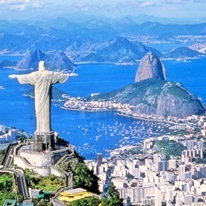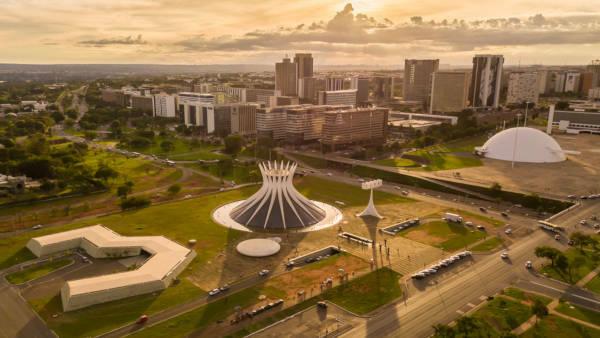In a recent article published on this site, we warned about “Caution and real deforestation in the Amazon”. There is no merit in this article in terms of forecasting, because what was said was that society should look with more attention and caution about the deforestation reduction rates disclosed by the government with fanfare and happiness. Government agencies and the media hastily rushed to publicize the news as a grandiose achievement – this one, full of merit – and even permanent.
For those who know (or study) a little about the history of Brazil, they would know that the country's little more than 500 years of existence (at least in history western, not counting the “natural” that were already here, of course) were, without a doubt, constituted at the mercy and luck of the Atlantic Forest and part of the Amazon. The so-called “economic cycles” in the history of Brazil show us this reality: that deforestation and the use of the country's natural resources are systematic, predatory, wasteful and historic.
In the past, the state of São Paulo (end of the 19th century, beginning of the 20th), for example, had during the coffee period of its economy (for us it was one of the major interventions in the natural landscape of human history) some advocates for improving coffee planting and better use of land, forests etc. They wanted to implement what they called “Modern Agriculture” as opposed to “Traditional Agriculture”, the clearing and burning of large forested areas for economic cultivation, also called coivara.
Do not stop now... There's more after the advertising ;)
The fact that we witness in the present is not so different from the past. First come the loggers who exploit the finest wood trees and, therefore, the most valued and expensive ones, then come cattle raisers and farmers cut down the forest, burn it, and there is the open field, semi-ready for its use. commercial.
It is in this sense that the whole society must be guided, there is a lack of education (at all levels, too, of environmental education), awareness, inspection, human and financial resources and will politics. There is a world of problems that make the environment, in many places, a matter of second or third importance. Data like last January, which between July 2006 and July 2007, 11 thousand square kilometers (a new record for the period) of forests were devastated in the Amazon, should appall politicians, the media and all citizens – the emergency meeting of the country's president on the question?
Thus, it is very timely and pertinent to read the book by historian Warrean Dean: “The Iron and Fire: The history and devastation of the Atlantic Forest” (the historian is American). Their conclusions point out that textbooks and history manuals approved by the Ministry of Education should begin with the following sentence: “Children, you live in a desert; let's tell you how you were deserted.”
Per Amilson Barbosa
Columnist Brazil School
Would you like to reference this text in a school or academic work? Look:
DANTAS, James. "Deforestation in Brazil: a historical issue"; Brazil School. Available in: https://brasilescola.uol.com.br/brasil/o-desmatamento-no-brasil-uma-questao-historica.htm. Accessed on June 27, 2021.


